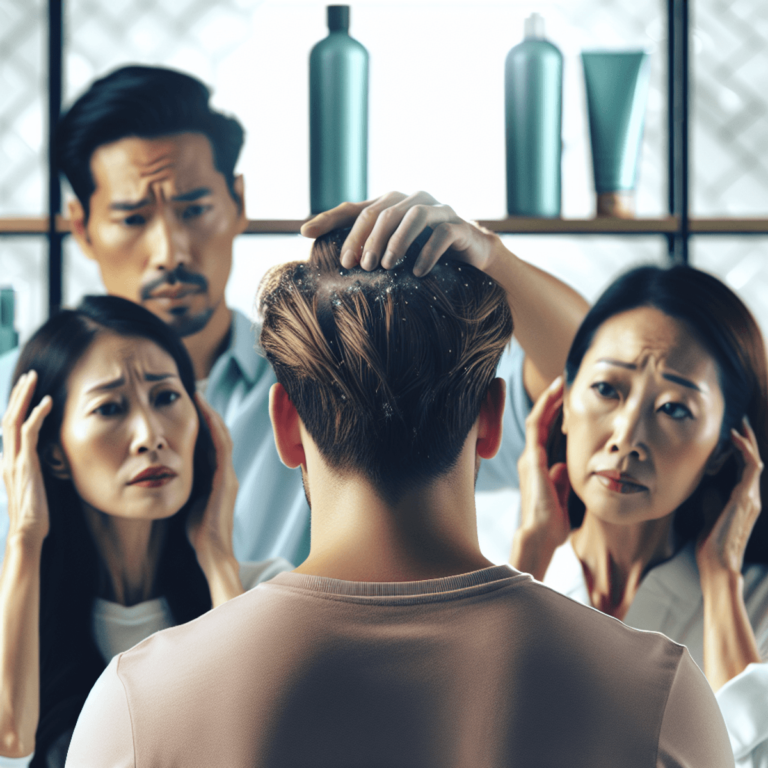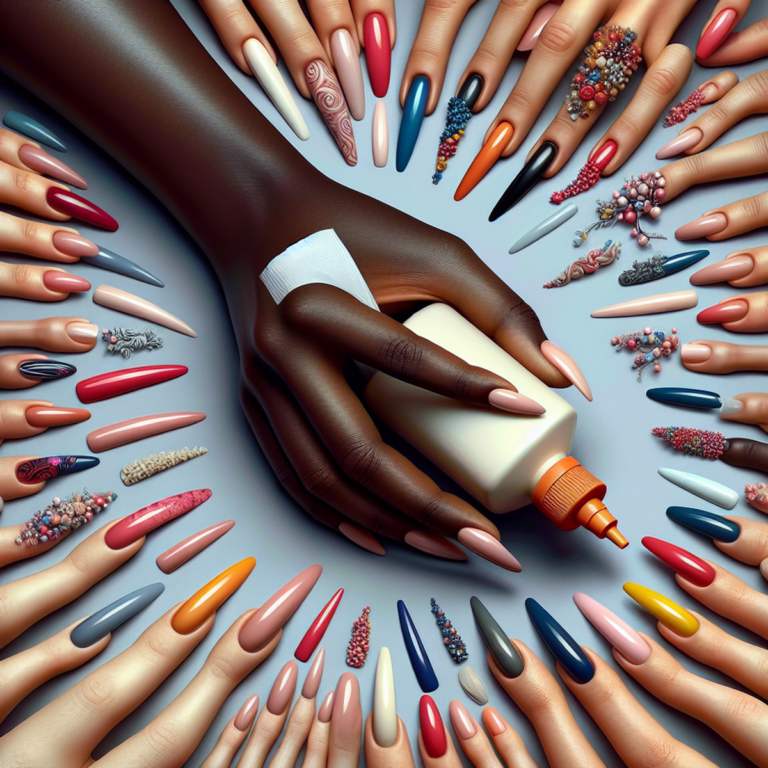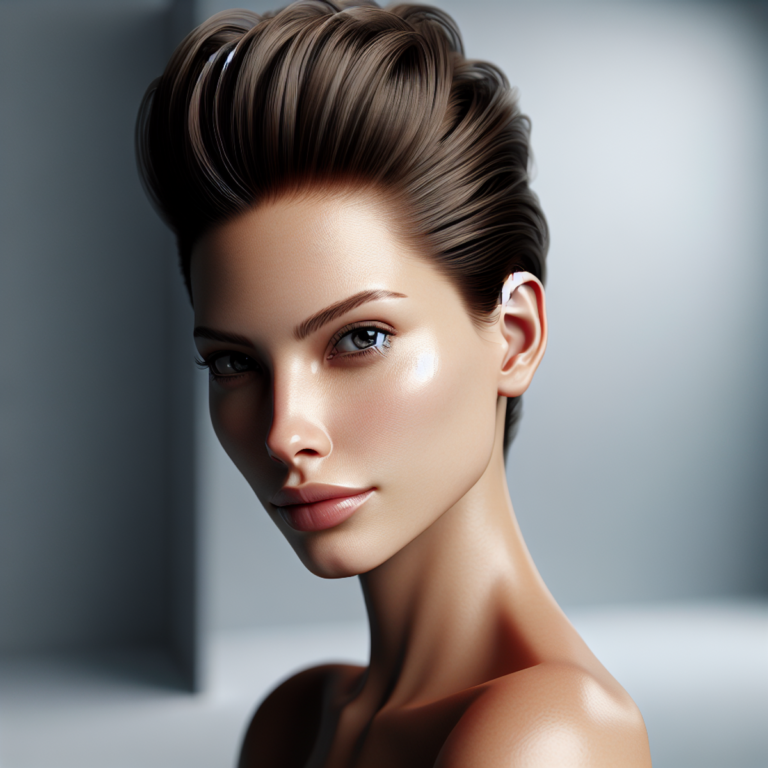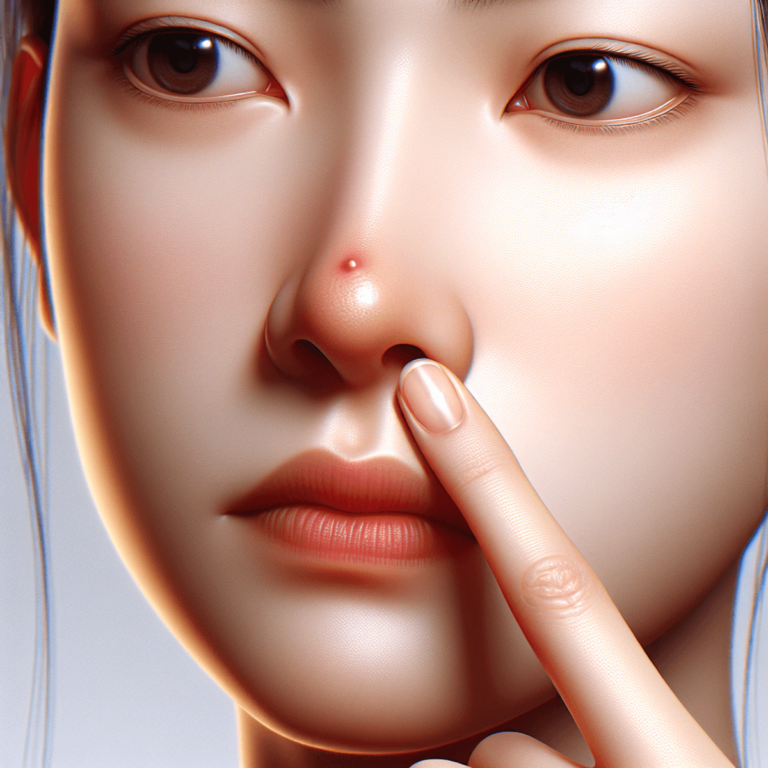Beautiful AI Revolution – Wellness, Beauty AI & Sophisticated Simplicity Top 2024 Personal Care Trends
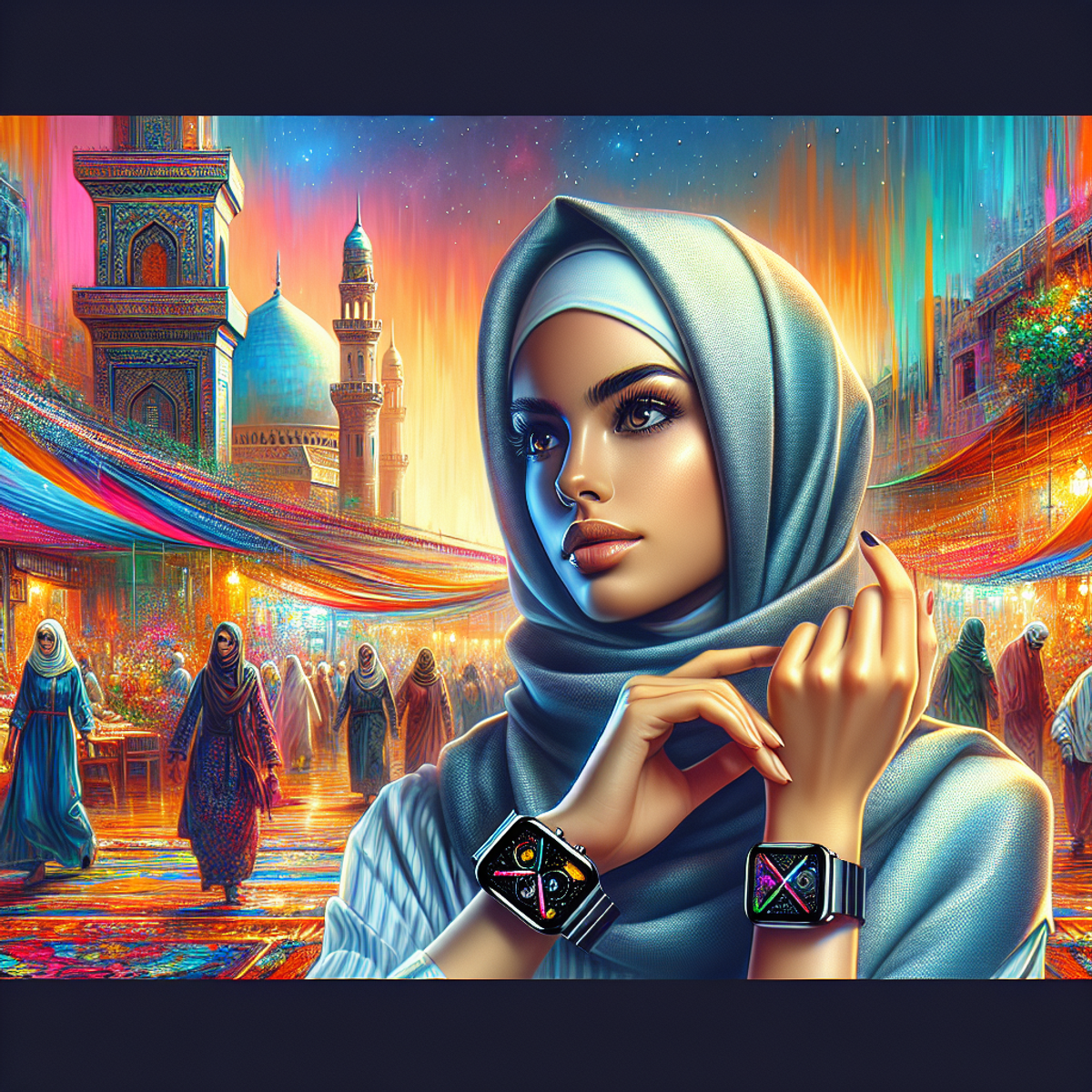
Introduction
The AI revolution is changing the wellness and beauty industry, offering new ways to personalize care. AI technology is reshaping how we approach self-care, providing advanced simplicity and customized experiences for consumers. In this article, we will discuss the top personal care trends for 2024 that are influenced by the AI revolution, with a focus on wellness, beauty AI, and advanced simplicity.
But first, let’s quickly define what AI is and how it’s transforming industries. AI, or Artificial Intelligence, refers to machines that are programmed to think and learn like humans. It involves creating computer systems that can perform tasks requiring human intelligence, such as understanding images, recognizing speech, making decisions, and solving problems.
Now, let’s look at how AI is impacting the beauty industry. The integration of AI in personal care trends for 2024 shows a shift towards a more holistic and intelligent approach to wellness and beauty. By using AI technology, companies in the beauty industry can offer personalized experiences and solutions that meet individual needs and preferences.
“AI technology is like a skilled personal assistant that understands your unique beauty requirements and empowers you with knowledge and recommendations tailored just for you.”
With this in mind, let’s explore the top personal care trends for 2024 influenced by the AI revolution:
Trend 1: Wellness as a Priority
Wellness is becoming a key focus in personal care, with individuals seeking ways to improve their overall well-being. Here are some examples of how AI is driving this trend:
- Smart Wellness Devices: Wearable devices equipped with sensors and AI algorithms can track various aspects of health such as sleep patterns, stress levels, and physical activity. They provide real-time feedback and personalized recommendations to help users make healthier choices.
- Virtual Wellness Assistants: Virtual assistants powered by AI can offer guidance on nutrition, exercise routines, meditation practices, and other wellness activities. They adapt to the user’s preferences and goals, providing customized support.
- Data-Driven Insights: AI algorithms can analyze large amounts of data from sources like social media, health records, and fitness apps to identify patterns and trends related to wellness. This information can be used to develop targeted interventions and preventive measures.
Trend 2: Artificial Intelligence Driven Innovations
AI is driving innovation in the beauty industry, leading to the development of new products and services. Here’s how AI is fueling this trend:
- Virtual Try-On: AI-powered virtual try-on tools allow users to experiment with different makeup looks, hairstyles, and even cosmetic procedures without physically trying them. These tools use facial recognition technology and machine learning algorithms to provide realistic simulations.
- Personalized Product Recommendations: AI algorithms can analyze individual preferences, skin types, and concerns to suggest personalized skincare routines and product recommendations. This helps consumers navigate the vast array of options available in the market.
- Ingredient Analysis: AI systems can analyze ingredient lists of beauty products to identify potential allergens or harmful substances. This enables consumers to make informed choices based on their specific sensitivities or ethical considerations.
Trend 3: Governance and Transparency in Beauty AI
As AI becomes more prevalent in the beauty industry, there is a growing need for governance and transparency. Here are some ways this trend is being addressed:
- Ethical Use of Data: Companies are implementing strict privacy policies and consent mechanisms to ensure that user data collected through AI systems is used responsibly and securely.
- Explainable Algorithms: Efforts are being made to develop AI algorithms that are transparent and explainable, meaning they can provide clear justifications for their recommendations or decisions.
- Regulatory Guidelines: Governments and industry associations are working towards establishing regulatory frameworks specific to beauty AI, addressing issues such as algorithm bias, data protection, and consumer rights.
Trend 4: The Synergy of Wellness and Beauty in the AI Era
The boundaries between wellness and beauty are blurring, with an increasing focus on holistic approaches to self-care. Here’s how AI is facilitating this trend:
- Integrated Solutions: AI platforms that combine wellness and beauty features are emerging, offering users a comprehensive ecosystem for their self-care needs. These platforms can provide personalized guidance, product recommendations, appointment bookings, and more.
- Emotional Well-being Support: AI-powered chatbots or virtual assistants are being developed to offer emotional support and mental health resources. They can engage in conversations, provide coping strategies, and direct users to professional help if needed.
- Customizable Experiences: AI technology allows for the customization of beauty treatments or wellness programs based on individual preferences, goals, and feedback. This ensures that the experience is tailored to each person’s unique needs.
These trends demonstrate how AI technology is shaping the future of personal care by enhancing wellness practices, driving innovation in beauty products and services, addressing ethical concerns through transparent governance, and integrating wellness principles with cutting-edge beauty tools.
“In this era of the AI revolution, we have an incredible opportunity to embrace the power of technology and create a new way of taking care of ourselves.”
Now that we have an overview of the top personal care trends for 2024 influenced by the AI revolution, let’s explore each trend in detail.
1. Wellness as a Priority
Wellness is set to take center stage in the 2024 personal care trends, reflecting a growing emphasis on holistic health and self-care. Consumers are increasingly seeking out wellness-focused products and services, driving the demand for innovative solutions in the personal care industry. The integration of AI technology in wellness and beauty products will further enhance the personal care experience, offering personalized solutions for individuals’ unique needs.
The heightened focus on wellness can be attributed to various societal factors, including increased stress levels and a widespread desire for holistic well-being. As people seek to balance their hectic lifestyles with self-care practices, the demand for products and services that promote wellness continues to rise. Consequently, the beauty industry is adapting to meet this demand by incorporating wellness principles into its offerings.
AI technology is being leveraged to meet the demand for wellness-focused products and services by introducing features such as virtual self-care consultations and personalized wellness plans. These advancements enable consumers to access tailored guidance and recommendations that align with their individual wellness goals.
Innovative beauty AI tools are also integrating wellness principles into their functionality. For example, smart skincare devices are emerging that not only track skin health but also monitor emotional states, providing a more comprehensive approach to personal care. By considering emotional well-being alongside physical health, these tools exemplify the industry’s commitment to addressing holistic wellness through AI-driven innovations.
By prioritizing wellness in the 2024 personal care landscape and leveraging AI technology to deliver tailored solutions, the beauty industry is poised to offer consumers an elevated self-care experience that caters to their overall well-being.
2. Artificial Intelligence Driven Innovations
The use of AI in the beauty industry is set to revolutionize the way consumers interact with skincare and makeup products. These innovations are driven by sophisticated AI technology, creating personalized solutions tailored to individual needs and preferences.
Key Talking Points for This Section
1. Personalized Recommendations
AI is transforming the beauty industry by offering personalized skincare and makeup recommendations based on individual skin type, tone, and preferences. This level of personalization ensures that consumers receive tailored suggestions that align with their unique characteristics.
2. Predictive Skincare Solutions
In 2024, AI will play a crucial role in predicting and preventing skincare issues by analyzing data from wearable devices. By leveraging this data, AI can provide proactive solutions for maintaining healthy skin, contributing to a proactive approach to skincare.
3. Efficiency and Accuracy
The integration of AI in beauty devices and tools will lead to more efficient and accurate results, enhancing the overall personal care experience for consumers. Through advanced algorithms and data analysis, AI-driven solutions can deliver precise outcomes that cater to individual needs effectively.
4. Influence on Beauty Industry Aspects
Highlight the pervasive influence of AI on driving advancements across different aspects of the beauty industry, from product formulation to retail experiences. This demonstrates the far-reaching impact of AI in redefining various processes within the beauty sector.
5. Cutting-edge Developments
Examine cutting-edge developments in AI-generated beauty, including custom foundation shades determined through machine learning algorithms. These innovations showcase the potential for AI to revolutionize how beauty products are formulated and customized for consumers.
6. Role of Augmented Reality (AR)
Discuss the role of augmented reality (AR) in enhancing virtual try-on capabilities, thanks to sophisticated computer vision technology powered by AI. AR technology, when integrated with AI, creates immersive and interactive experiences for consumers, allowing them to visualize products more accurately.
This section will delve into the transformative impact of AI-driven innovations within the beauty industry, highlighting the ways in which technology is reshaping personal care experiences for consumers.
3. Governance and Transparency in Beauty AI
Governance and transparency are crucial aspects when it comes to the use of AI technologies in the beauty industry. With the increasing integration of AI in personal care products, consumers are becoming more concerned about the ethical implications of these technologies. Therefore, transparency becomes a key factor in building trust with consumers.
3.1 Guidelines and Standards for Ethical Use
Regulatory bodies and industry organizations play a vital role in establishing guidelines and standards for the ethical use of AI in beauty products. These guidelines address concerns regarding data privacy and algorithm biases. By ensuring that AI technologies are used responsibly, regulatory bodies can help build consumer confidence in the industry.
3.2 Addressing Algorithm Biases
One potential ethical concern associated with the use of AI in beauty is biased algorithms perpetuating narrow standards of beauty. Since AI systems learn from existing data, they may inadvertently reinforce societal biases or exclude certain groups from their recommendations. This raises questions about fairness and inclusivity within the beauty industry.
To address these concerns, industry regulations and standards are needed to ensure responsible development and deployment of beauty AI solutions. These regulations should prioritize transparency in data usage and privacy protection measures. By providing clear information about how data is collected, stored, and used, companies can establish trust with their customers.
Moreover, companies should implement measures to mitigate algorithm biases by diversifying their training data and regularly testing their AI systems for fairness. This will help ensure that AI technologies provide inclusive recommendations that cater to a wide range of individuals.
3.3 Collaboration for Ethical Excellence
In addition to regulatory efforts, industry collaborations can also play a significant role in promoting governance and transparency. By working together, companies can share best practices and develop common standards for the use of AI in beauty products. This collaboration will not only benefit consumers but also foster healthy competition among companies striving for ethical excellence.
3.4 Importance of Transparency in Data Usage
Transparency is essential not only in terms of data usage but also regarding the overall functionality of AI-enabled beauty products. Companies should clearly communicate how their AI systems work, including the algorithms used, so that consumers can make informed decisions about the products they choose to use.
3.5 Summary
Governance and transparency are vital in ensuring ethical and responsible practices in the beauty industry’s use of AI technologies. By establishing regulations, industry standards, and fostering transparency, companies can build trust with consumers and address concerns related to data privacy, algorithm biases, and inclusivity. The integration of AI in beauty should be guided by these principles to create a more transparent, inclusive, and trustworthy industry.
4. The Synergy of Wellness and Beauty in the AI Era
The impact of wellness on the beauty industry is evident in the growing demand for natural, organic, and sustainable beauty products, reflecting a shift towards holistic well-being. Consumers are increasingly recognizing the importance of taking care of their overall health, both internally and externally. This has led to a greater emphasis on using products that not only enhance physical appearance but also promote wellness from within.
AI plays a crucial role in the beauty industry by enabling personalized skincare and makeup recommendations based on individual skin type, concerns, and preferences. With the help of AI algorithms and machine learning, beauty brands can analyze vast amounts of data to understand each customer’s unique needs and provide tailored solutions. This level of personalization enhances the consumer experience and increases customer satisfaction.
In the AI era, the synergy between wellness and beauty has become more apparent than ever before. Technology serves as a bridge between these two realms, allowing individuals to incorporate wellness practices into their beauty routines seamlessly.
4.1 The Role of AI in Skincare
4.1.1 Personalized Skincare Recommendations
Smart skincare devices powered by AI can analyze skin conditions such as hydration levels, pigmentation issues, and signs of aging. Based on this analysis, they can provide personalized recommendations for skincare products and routines that address specific concerns.
4.1.2 Virtual Try-On Tools for Makeup
Makeup brands are also leveraging AI technology to offer customized solutions. Virtual try-on tools that utilize augmented reality (AR) allow customers to experiment with different makeup looks without physically trying on products. This not only provides convenience but also encourages self-expression and creativity.
4.2 Embracing Wellness in Beauty Routines
It is important for readers to embrace a balanced approach that harnesses the benefits of both wellness practices and innovative beauty AI tools for optimal self-care. Incorporating wellness principles into everyday beauty routines can lead to improved overall well-being. Similarly, embracing technology-driven solutions can enhance personal care experiences and provide effective results.
4.3 The Future of Inclusive and Sustainable Beauty
Looking ahead, there are exciting possibilities for leveraging AI to create inclusive and sustainable beauty solutions that prioritize diverse notions of wellness. As the industry continues to evolve, there is a growing emphasis on inclusivity in beauty standards, recognizing and celebrating diverse skin tones, body shapes, and personal preferences. AI can play a crucial role in this by capturing a wide range of data and offering recommendations that cater to individual needs.
Conclusion
The AI revolution in personal care is set to transform the way we approach wellness and beauty, with sophisticated simplicity at the forefront of this evolution. As AI continues to advance, the future implications for personal care are vast, offering innovative solutions and personalized experiences that cater to individual needs and preferences.
The integration of AI into personal care not only enhances convenience and efficiency but also opens up new possibilities for self-care and well-being, shaping a more beautiful and harmonious lifestyle. The future promises even more profound integration of AI into personal care, bringing forth new levels of customization and effectiveness.
By staying informed about these advancements, readers can take full advantage of the latest technologies and personalized solutions in their self-care practices.
Call to Action: Share the article with others who are interested in staying ahead of the curve in beauty innovation fueled by AI and wellness.



